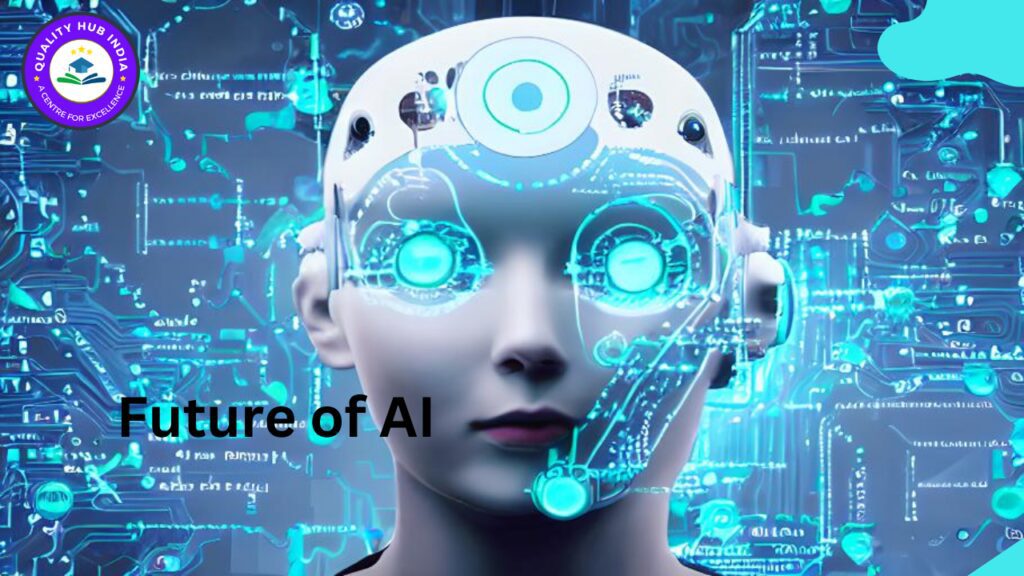Artificial intelligence, machine learning, and robotics are rapidly advancing technologies that are revolutionizing industries. In healthcare, these technologies improve diagnosis accuracy, speed up drug discovery, and enhance patient care. In manufacturing, they streamline production processes, optimize supply chain management, and improve quality control. The transportation industry benefits from self-driving cars and predictive maintenance algorithms. The education industry utilizes AI and robotics to personalize education, analyze student performance, and create interactive learning experiences. Overall, these technologies enhance efficiency, improve quality, and offer new possibilities across various sectors, making it crucial for industries to embrace and leverage their potential.
Unleashing the Potential of AI, Machine Learning, and Robotics in Various Industries
Introduction
Artificial Intelligence (AI), Machine Learning (ML), and Robotics are rapidly evolving technologies that are transforming numerous industries. These technologies have the ability to automate tasks, improve efficiency, and enable new possibilities. In this article, we will explore the potential of AI, ML, and Robotics in various sectors, and how they are revolutionizing the way businesses operate.
Healthcare Industry
The healthcare industry is benefiting greatly from the integration of AI, ML, and Robotics. These technologies are enhancing diagnostic accuracy, speeding up drug discovery, and improving patient care. AI-powered algorithms can analyze medical images and help detect diseases at early stages, increasing the chances of successful treatment. Machine Learning algorithms can also predict patient outcomes based on historical data, allowing healthcare providers to personalize treatment plans.
In addition, robots are being used to assist in surgeries, enabling precision and reducing human error. They can perform complex surgical procedures with greater accuracy and efficiency, ultimately improving patient outcomes. Furthermore, AI-powered chatbots and virtual assistants are being utilized to provide personalized assistance and support to patients, reducing the burden on healthcare professionals.
Manufacturing Industry
The manufacturing industry is undergoing significant transformation through AI, ML, and Robotics. These technologies are streamlining production processes, optimizing supply chain management, and improving quality control. AI-powered robots can handle repetitive and physically demanding tasks with precision, reducing the risk of errors and increasing productivity.
Machine Learning algorithms are being used to analyze production data and identify patterns that lead to defects or equipment failures. By continuously learning from data, ML algorithms can help predict maintenance needs and optimize production schedules to minimize downtime. This not only improves efficiency but also reduces costs associated with unplanned maintenance.
Furthermore, Robotics and AI-powered systems are enabling the creation of a smart factory environment where machines communicate with each other and make autonomous decisions. This interconnectedness improves coordination, reduces errors, and enhances overall productivity.
Transportation Industry
The transportation industry is being revolutionized by AI, ML, and Robotics. Self-driving cars powered by AI are set to reshape the automotive sector. These autonomous vehicles can reduce accidents caused by human error, improve traffic flow, and enhance fuel efficiency. AI algorithms can analyze real-time traffic data and optimize routes for delivery vehicles, saving time and reducing carbon emissions.
Additionally, ML algorithms are being used to predict maintenance needs for trains, airplanes, and other transportation systems. By identifying potential failures in advance, efficient maintenance plans can be put in place to prevent costly breakdowns and ensure a seamless transportation experience for passengers.
Furthermore, robotics is making its mark in the logistics industry by automating warehouses. Robots are capable of efficiently sorting and stacking goods, reducing the need for human intervention. This not only speeds up order fulfillment but also reduces errors, making the entire process highly efficient and cost-effective.
Education Industry
The education industry is also embracing AI, ML, and Robotics to enhance learning experiences and provide personalized education. AI algorithms can analyze vast amounts of educational data and provide insights into student performance, helping educators identify areas of improvement and tailor educational material to individual needs.
Furthermore, Robotics is being integrated into classrooms to facilitate interactive and engaging learning. Robots can assist in teaching complex subjects, making learning more enjoyable for students. They can also act as companions, providing emotional support to students with special needs. Additionally, AI-powered virtual tutors are being developed, providing personalized guidance and feedback to students at their convenience.
Moreover, ML algorithms are being used for adaptive learning platforms that adjust the curriculum based on individual progress and learning pace, ensuring optimal learning outcomes for each student.
Conclusion
The potential of AI, ML, and Robotics in various industries is vast and transformative. From healthcare to manufacturing, transportation to education, these technologies are enhancing efficiency, improving quality, and enabling new possibilities. As these technologies continue to evolve, it is crucial for industries to embrace their potential and leverage them to stay ahead in the ever-changing business landscape.
